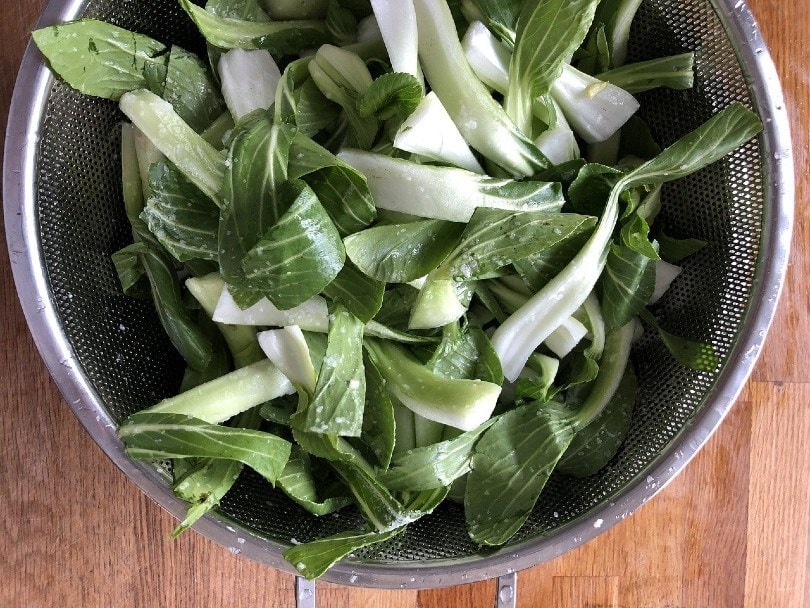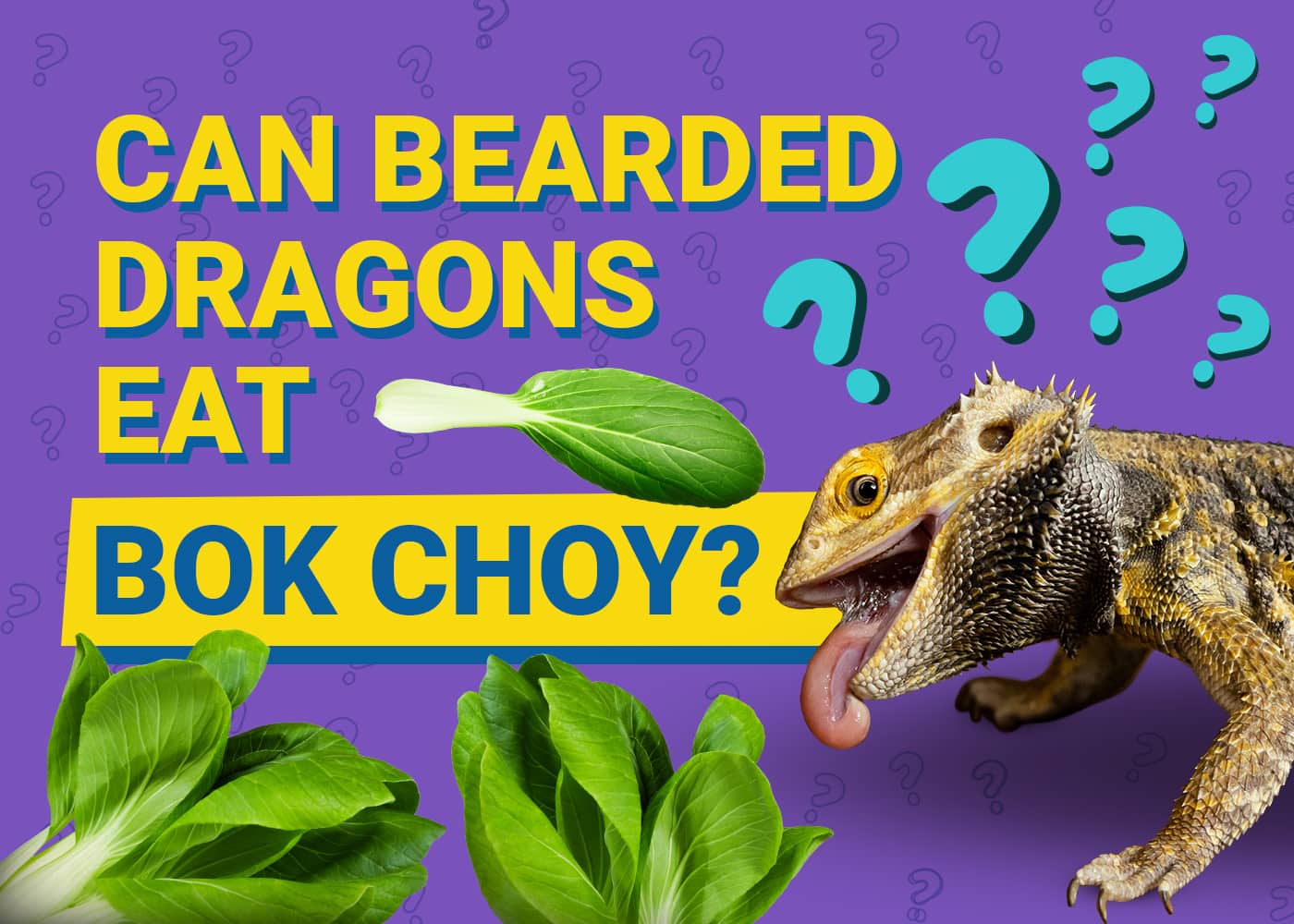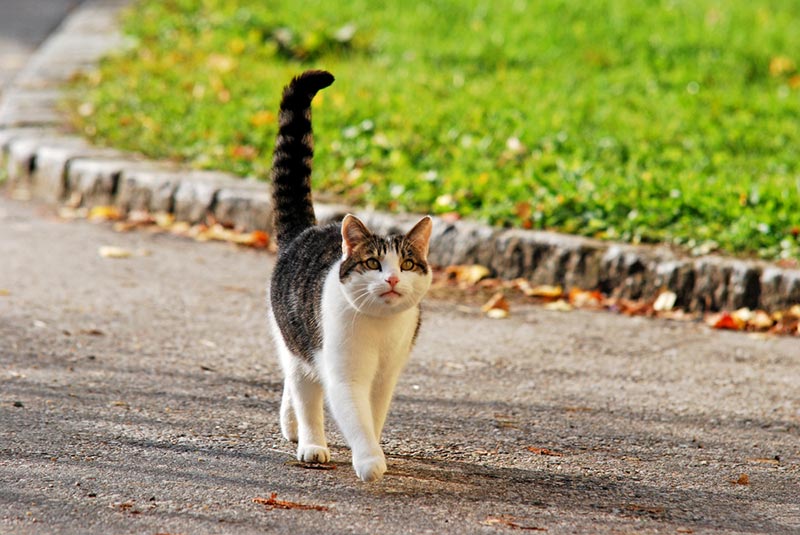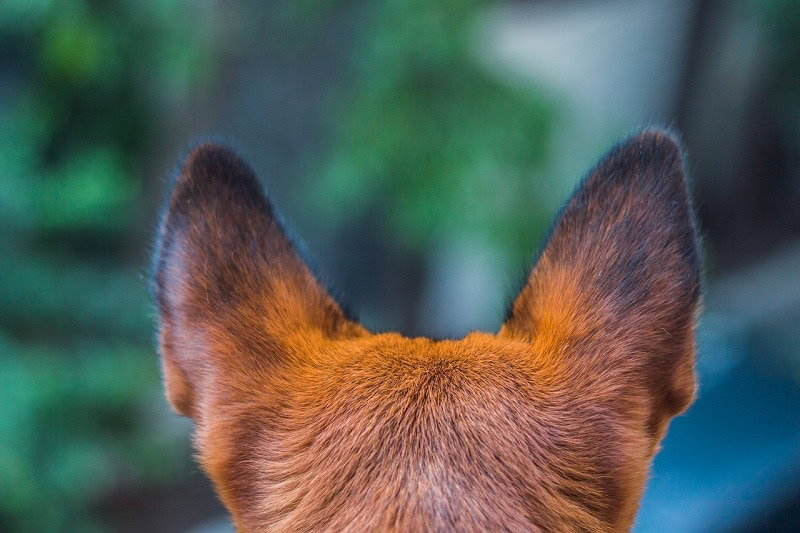VET APPROVED

The information is current and up-to-date in accordance with the latest veterinarian research.
Learn more »Click to Skip Ahead
Bok Choy is surprisingly nutritious for bearded dragons. It provides a variety of vitamins and minerals, along with fiber. However, that doesn’t mean you should give your bearded dragon Bok Choy all the time.
Bearded dragons need to eat a variety of veggies to stay healthy. They should be provided with a variety of vegetables to maximize their nutrient intake. A varied diet ensures that they get a variety of different vitamins and minerals. However, they can’t just eat any vegetables.
Some veggies are better than others. While there aren’t many that are blatantly bad or toxic for bearded dragons, some are best only given in tiny amounts.
Bok Choy, also known as Chinese cabbage, is safe for bearded dragons in moderation. It isn’t the most common veggie on the market, but it’s becoming increasingly easier to find. In this article, we’ll look at why you may want to feed Bok Choy to your bearded dragon, as well as the appropriate way to do so.

What Is in Bok Choy?
Bok Choy, sometimes known as Pak-Choi, is relatively high in a few different nutrients. Most greens are generally considered a crucial part of most bearded dragon’s diets, as they provide a large variety of necessary nutrients. Bok Choy is no different and includes what you’d expect to find in a green, leafy veggie.
- Water: 93.5 grams (g)
- Carbohydrates: 2.18 g
- Fat: 0.2 g
- Protein: 1.5 g
- Fiber: 1 g
- Calcium: 105 milligrams (mg)
- Phosphorus: 37 mg
In particular, Bok Choy has an exceptional calcium-to-phosphorus ratio. For healthy adult bearded dragons in maintenance, their diet should have a calcium-to-phosphorus ratio of anywhere between 1.5:1 and 2:1. This means the calcium should be around twice as much as the phosphorus. The recommended ratio for juveniles is around 2:1, and dragons that are breeding (particularly females) require a much higher calcium intake compared to adults in maintenance. Bok Choy has a calcium-to-phosphorus ratio of around 3:1, which is excellent for a bearded dragon.
Further adding to its appeal, Bok Choy is low in oxalates. Oxalates are undesirable in a bearded dragon’s diet because they bind with calcium, preventing its use and possibly leading to kidney stones.
Finally, Bok Choy’s low sugar content means it’s a welcome addition to a bearded dragon’s diet.


Bok Choy and Goitrogens
One potential downside to feeding Bok Choy to your bearded dragon is the high level of goitrogens present. These compounds are found in a variety of different plants. If they are overeaten, they can heavily affect the thyroid gland, which can lead to a condition known as goiter.
Bok Choy is relatively high in goitrogens. If you’re feeding it as a staple green or if your dragon overats it, this can turn into a problem. However, if Bok Choy is a part of a varied diet, it usually isn’t a problem. Therefore, Bok Choy shouldn’t be the primary green your lizard is eating, though being part of a regular rotation shouldn’t cause any problems.

Final Thoughts
Generally speaking, overeating anything can be a problem. The same thing can be said for Bok Choy. It is okay to feed in moderation, but it shouldn’t be the only veggie your bearded dragon eats. Overall, though, it’s one of the best vegetables out there for your beloved pet.
Furthermore, you should aim to balance their diet. Do not feed your bearded dragon only Bok Choy and similar veggies. Look for veggies that are safe for them to consume and do not contain high amounts of goitrogens or oxalates. This will prevent your lizard from developing any problems.
Featured Image: Yuchi Yang, Pixabay










